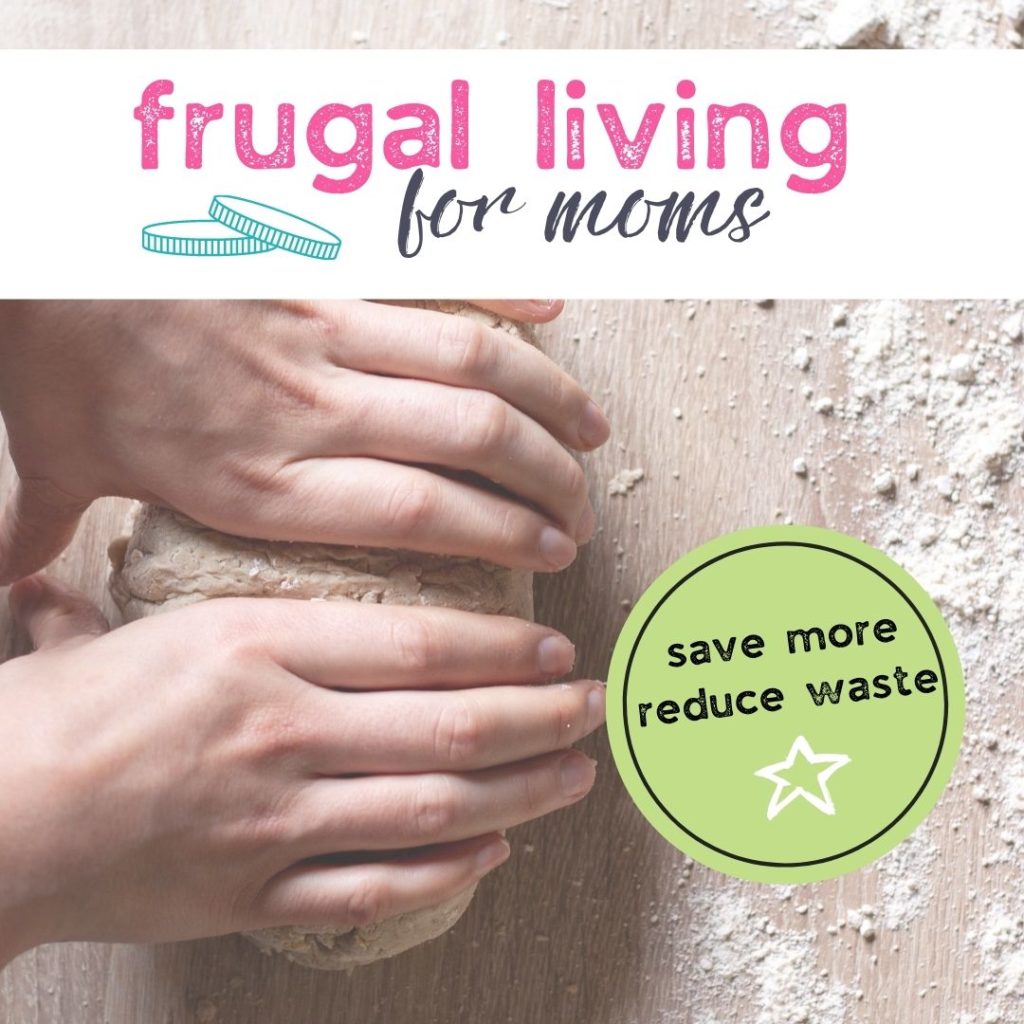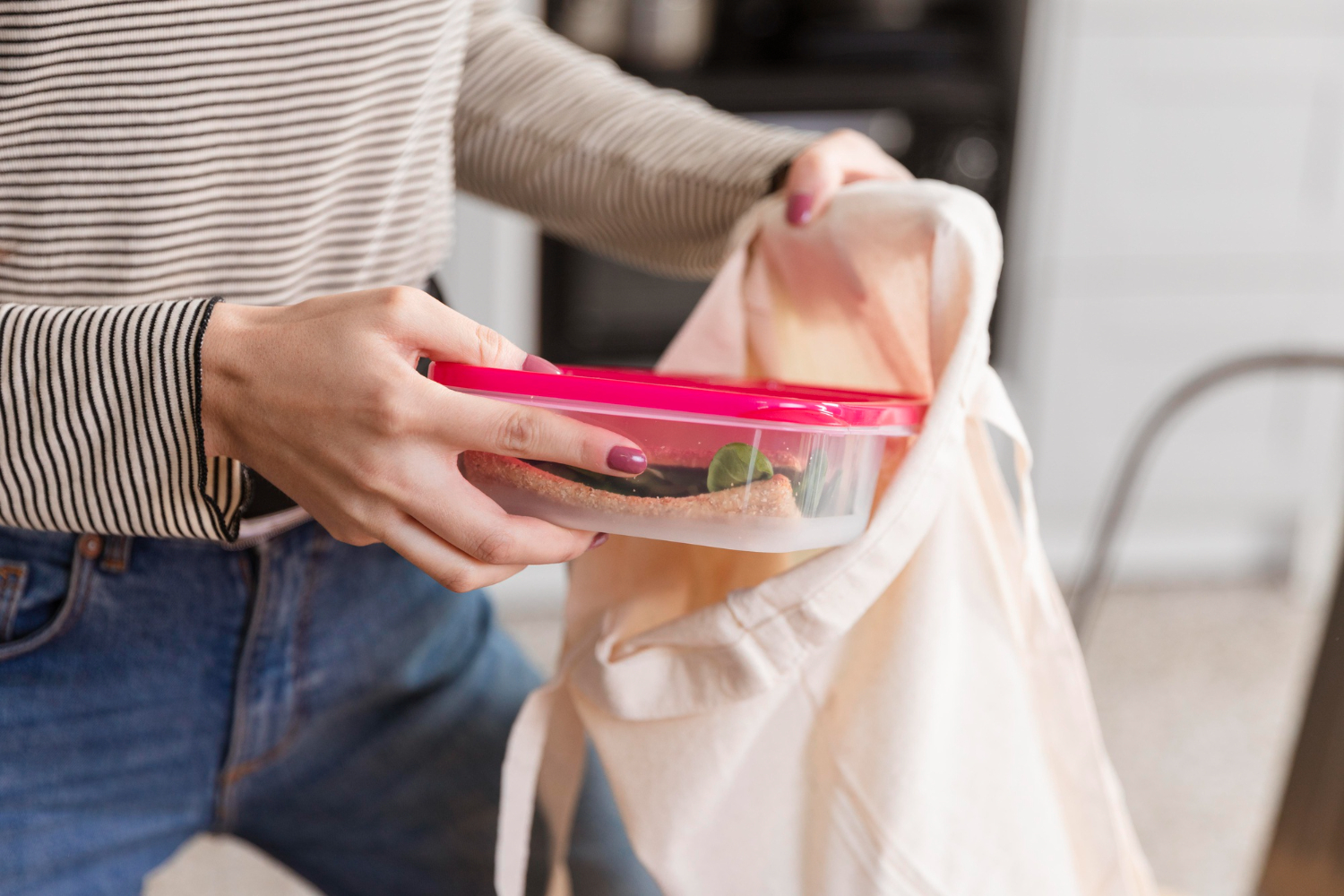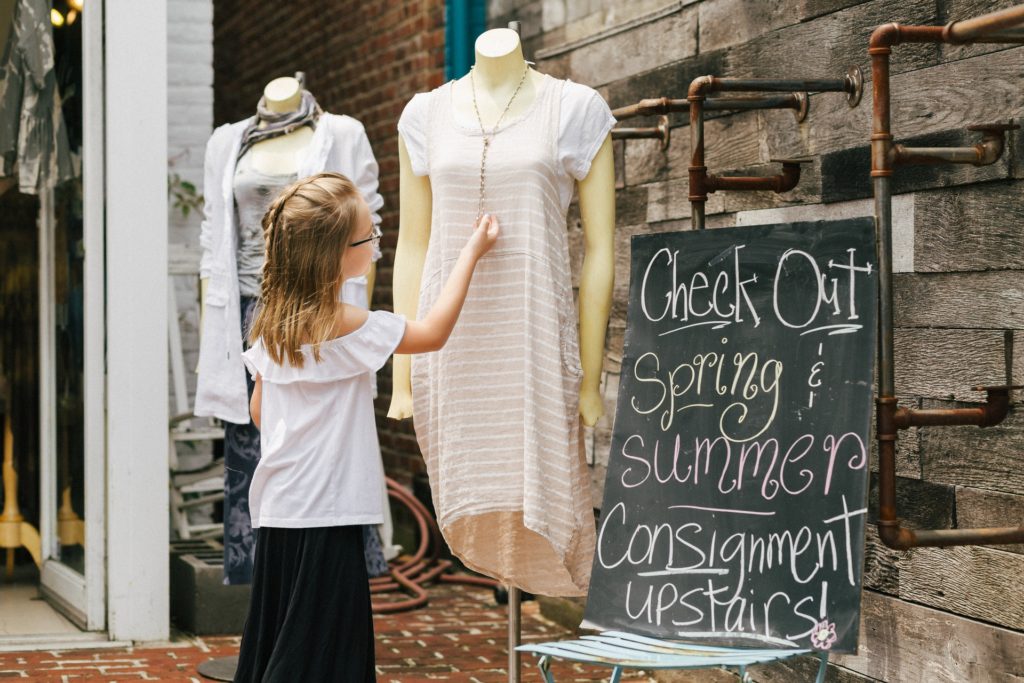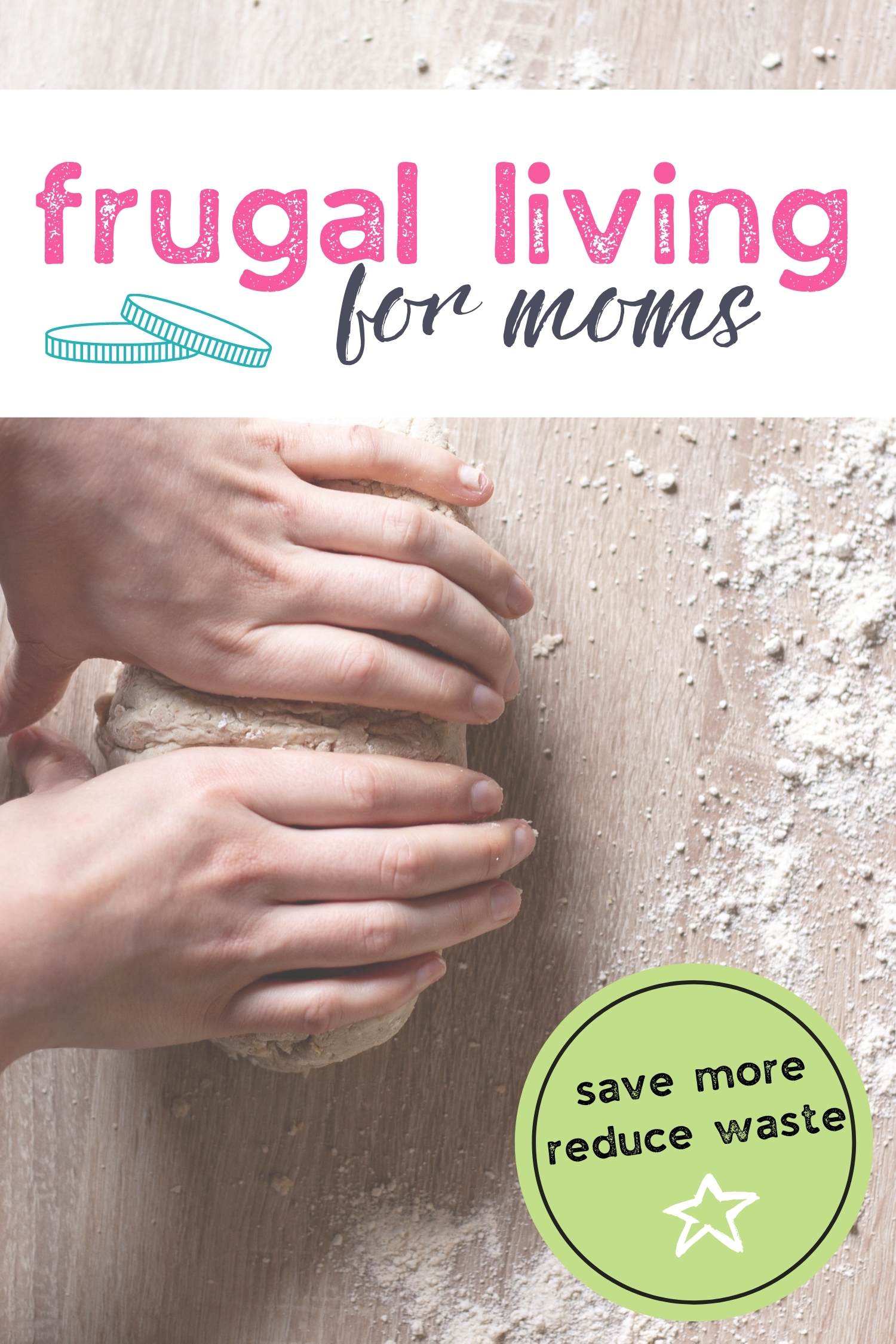
What does it mean to be frugal?
If you wouldn’t already consider yourself frugal, I’m sure you’ve heard of some of the common misconceptions of what it means to be frugal. You might have heard that you have to give up a lot to save a little, or never going out to eat. You might even have thought it means wearing boring, outdated, or unstylish clothes, or feeling deprived because you can’t buy the things you’d like to.
So, let’s start with the basics, and the most basic description of being frugal, is finding ways to save money. This could mean simplifying groceries, shopping at alternate stores for bigger savings, or finding ways to stretch supplies we already have. The result of being frugal should be that we are spending less, and saving more. It could also mean spending a little more for a quality item that will last longer, rather than a cheaper one that will need to be replaced when it wears out.
What is frugal living?
Being frugal is, most simply, a mindset shift. You value saving money where possible, and spend it only on things that add to your life. This means no more impulse buying or wasting resources you can’t afford on food out of boredom because being frugal requires the ability to evaluate for yourself what adds true value in this world while also understanding how valuable every dollar truly is.
Instead, frugal living means:
- Mindfully considering each purchase and how it fits into your overall budget plan
- Buying quality over quantity: Less expensive or cheaply made items may not last as long
- Shop thrift outlets or consignment stores, one person’s trash is another person’s treasure
- Drying clothes on a clothesline instead of in the dryer, when it’s practical
- Use a list at the grocery store to discourage aimless or impulse buying
When you adopt a frugal mindset, you start to look at spending differently than you used to.
So, does being frugal mean being cheap?
Spoiler alert: NO, it doesn’t!
One of the biggest misconceptions about being frugal is that it means having less fun. The truth, however, is there are a ton more things you can do with your time and money when you’re not spending as much on material items. You might be surprised to find out how many activities will still give you enjoyment without costing any extra cash!
This is FAR from the truth!
The most beautiful thing about embracing frugal living, is that it lets you pause and consider if you really need something before you spend money on it. This frees up money for things that add value to your life, for example, one swap could be giving up daily lattes from the coffee shop, and that frees up money for you and your spouse to have a movie date night together.
Sometimes it might be hard to understand the difference between being frugal and being cheap. Buying groceries is an excellent example of the two. A frugal person watches sales and clips coupons, looking for high quality food and ingredients, while being mindful of the overall impact food has on health and also saying within the grocery budget. A cheap person would buy the least expensive food, often looking for large quantities at a low price, and without being mindful of the quality or health impact in their family’s overall diet.
Help! Where do I even start?
- Buy food in bulk and deep freeze it
- Create monthly food budget
- Use meal planning alongside your food budget
- Comparison shop multiple grocery stores
- Bring a sack lunch to work

- Do your grocery shopping online for grocery pickup
- Container garden to grow your own herbs and greens
- Avoid convenience food which usually costs more
- Make your own cleaning supplies
- Shop store brands rather than name brands
- DIY create your own cards and gifts
- Check thrift stores before shopping at department stores
- Learn about other ways you can spend less money on food
Okay, frugal living sounds pretty awesome.
Can you tell me more?
The experience of frugal living is not a deprivation, but an opportunity to cultivate your consciousness about how you live and interact with the world.
Frugality isn’t something that happens overnight; it’s more like building on skills as time goes by. It starts out small: one less coffee in the morning could save $5 per week or so, which can be put towards other things down the line (or saved up for emergencies!). The decisions you make about what to buy and whether or not to say no are empowering. It’s liberating, too! Suddenly it feels like everything is in your control because of the choices you’re making on a daily basis. The best part? You’ll be able to enjoy all that money saved with family and friends as opposed being cluttered at home surrounded by items you don’t really need anymore.
Minimalism is a trend that has been growing in recent years, and fits perfectly with the idea of a frugal lifestyle. A sense of peace can be found by limiting the attachment to material things one owns. This leads to less stress for oneself while also making clean up easier.
The ideas behind frugality and minimalism may seem counterintuitive at first glance; why would someone want fewer possessions? But it’s actually not as strange when you consider its pros. People are only focused on what they need rather than everything available, there is more time, money, and space left over (that could then find use in other areas). Just think about how much time we spend cleaning our homes–minimizing makes this process so much faster!
How can frugal living help me?
- Food waste reduces dramatically
Being frugal involves planning meals ahead of time, and buying ingredients that can be used for multiple different recipes. Conversely, it also means planning meals that share similar base ingredients to reduce overall food waste and keep grocery costs lower.
- When you have less clutter, your home is easier to clean
- Frugal people make healthier food choices
- You and your children learn to be content with what you have
Are you sure I won’t feel deprived?
Absolutely! The great thing about frugal living is the freedom you’ll feel from the need to buy, and the deep sense of peace you gain from the reduced budget strain. Once you get the hang of it, and start to understand and direct where every dollar is going, you’ll also gain a sense of control instead of feeling helpless when bills come around.

Does being frugal mean being cheap?
Cheap and frugal are not the same.
People usually think of a cheap person as someone who avoids spending money. A frugal person is someone that saves their resources for the long-term, knowing what’s important in life and not being afraid to enjoy themselves from time to time.
Frugality is a virtue that’s often overlooked, but it can have major effects on your quality of life. It might seem like being frugal will make you less successful in the long run because you’ll be spending money more cautiously and not taking many risks to get ahead, but this couldn’t be further from the truth. A cheap person may avoid visiting the doctor for regular checkups because they don’t think paying $25 when there are no symptoms would give them any benefit; while a frugal person knows how important health care maintenance is so never skips an annual physical even if their insurance doesn’t cover all costs or cost as much out-of-pocket than other options. Focusing solely on material goods
ONE more thing about frugal living
Being frugal means seeing the bigger picture, that sometimes spending now will save money over the longer term. Frugal living is free-ing. You’ll feel the sense of empowerment and relief from not having to spend your hard earned money on things you may or may not want, but more importantly it will make a significant impact in how much people can donate to philanthropic causes as well!
Ready to start living more frugal but not sure where to start now? Grab my free budget quick-start!

